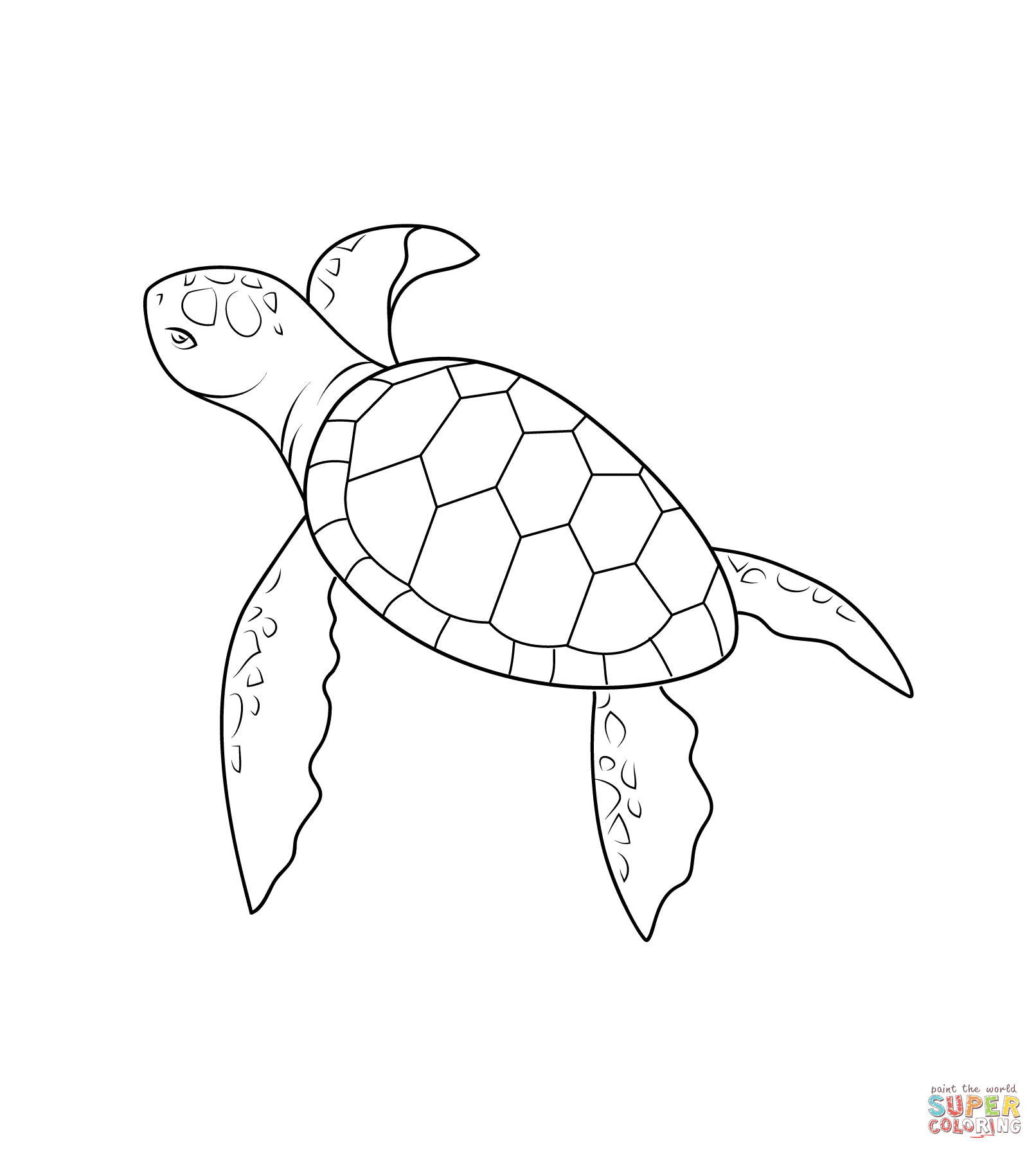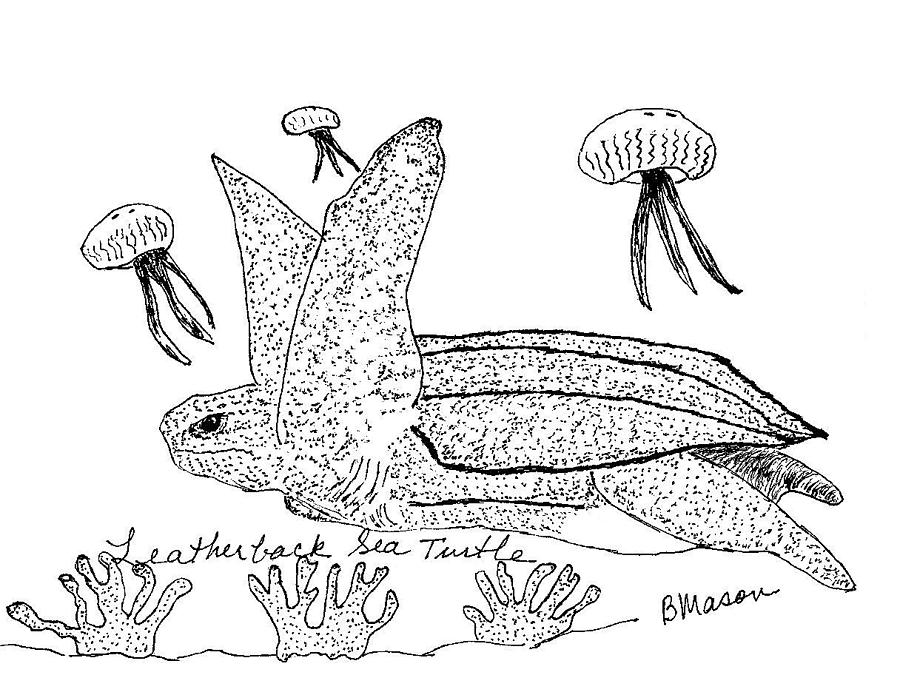

Smaller numbers of endangered green and Kemp’s ridley sea turtles lay eggs in the region as well. Giant loggerhead sea turtles, federally protected as a threatened species, typically start nesting in May. Since the 1990s, maintenance dredging in Georgia and the Carolinas has been confined to a period roughly between December and March. The Army Corps said in a statement Monday that it is undertaking the fuller environmental study to “ensure robust public, agency, and stakeholder engagement” as well as “full evaluation of the impacts that this action may have to the human and natural environment.” The agency is responsible for keeping shipping channels clear of accumulated sediments to ensure safe passage for ships Conservationists credit that policy with helping threatened and endangered turtle species begin a fragile rebound. In place since 1991, the seasonal limits are intended to protect sea turtles from being killed and maimed by the vacuum-like suction pumps of hopper dredges during the warmer months, when female turtles are most abundant near Southern beaches. “The science is clear: Spring and summer dredging puts Georgia’s sea turtles and decades of conservation progress at risk.”Įnvironmentalists and the Army Corps have battled since 2021 over the agency’s plan to end a policy that for three decades has prohibited the dredging of accumulated sand and mud from harbors in Georgia and the Carolinas during the nesting season for sea turtles. “The Corps has now committed to what we’ve asked for, to go back and review the science,” Catherine Ridley, a One Hundred Miles vice president, said Monday. District Court judge to order the Corps to produce such a report. The group sued in December, asking a U.S. Georgia conservation group One Hundred Miles moved to dismiss its lawsuit against the Army Corps of Engineers after the agency announced Friday that it would voluntarily conduct the study.

agency has agreed to an in-depth environmental study into whether dredging a Georgia shipping channel in the spring and summer would threaten rare sea turtles nesting on nearby beaches - a review demanded by conservationists who sued to stop the project.


 0 kommentar(er)
0 kommentar(er)
